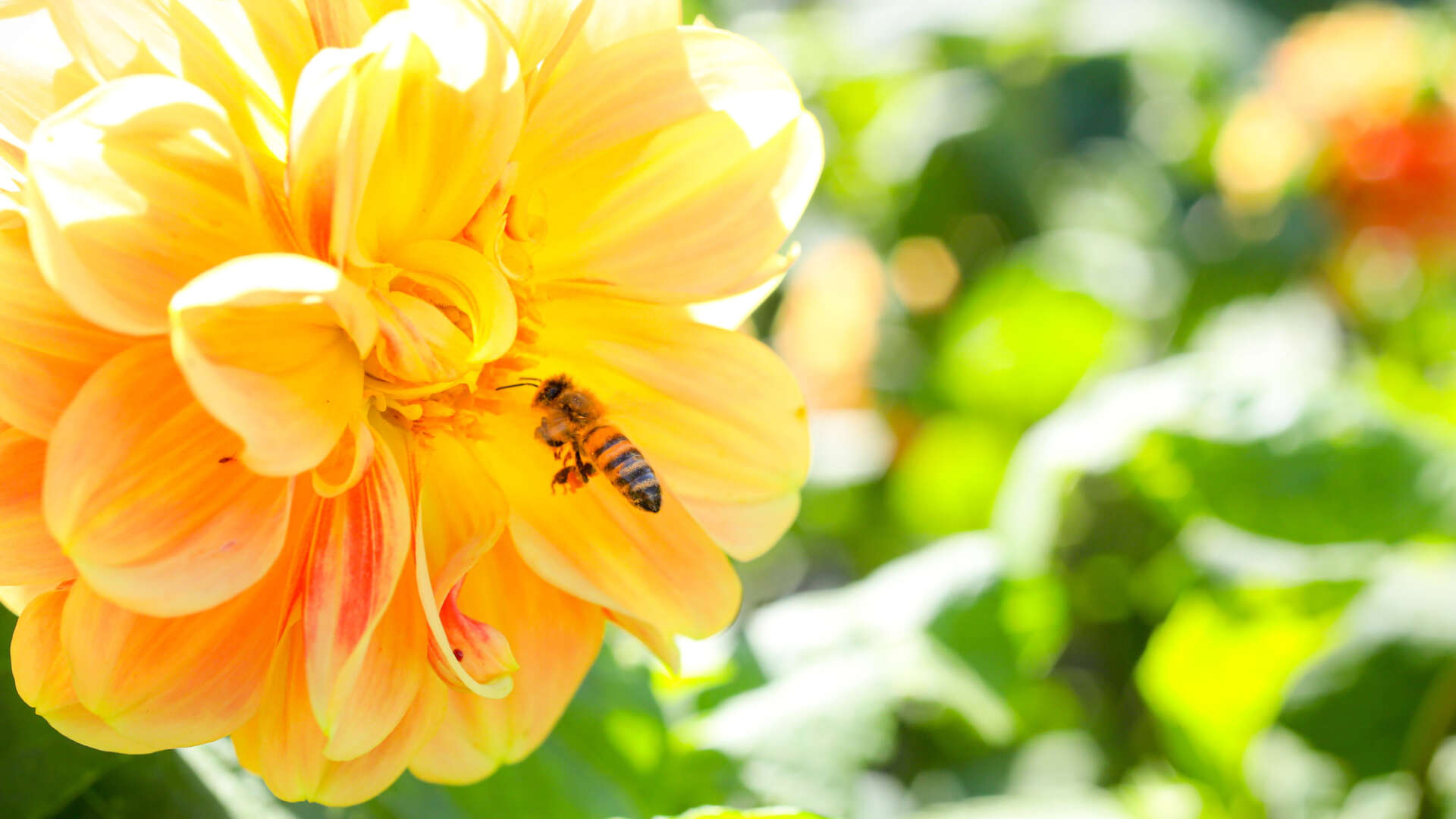More bad news for solitary bees

Blue orchard bees Osmia lignarea, a native American solitary bee, were placed in cages with supplies of wildflowers, plus mud and nest sites. One cage was treated with imidacloprid pesticide, the other not. The female bees in both cages laid individual eggs in nests and collected pollen for their offspring to feed on. (Solitary bees do not live in colonies like honey bees. As their name suggests, they produce individual larvae in small pockets within a nest.)
The bees in the pesticide-treated cages seemed lethargic and laid less eggs than the pesticide-free ones. Their larvae also fed on contaminated pollen, and 30% fewer adult bees hatched from the treated cages the following spring.
The experiment continued with the offspring of both cages of bees in the next year. The unexposed bees were left untreated as controls, while the offspring of some of the treated bees had an identical dose of the same pesticide, to mimic farming conditions. These bees would have been exposed to pesticides both as larvae and as adults feeding on contaminated pollen. They laid 20% fewer eggs than the bees which had only been exposed to the chemicals as larvae.
Over two generations, the damage to bee fertility adds up. Researchers at the University of California, who led the experiment, claim that the number of offspring would be about 75% less than for bees never exposed to imidacloprid. This combined with natural hazards such as predators or bad weather could lead to a catastrophic decline in bee populations within a few years.
Imidacloprid is one of a number of pesticides known as neonicotinoids. It is banned in the UK and the EU, but not in the US.
Further information on solitary bees can be heard in The Organic Gardening Podcast November episode.